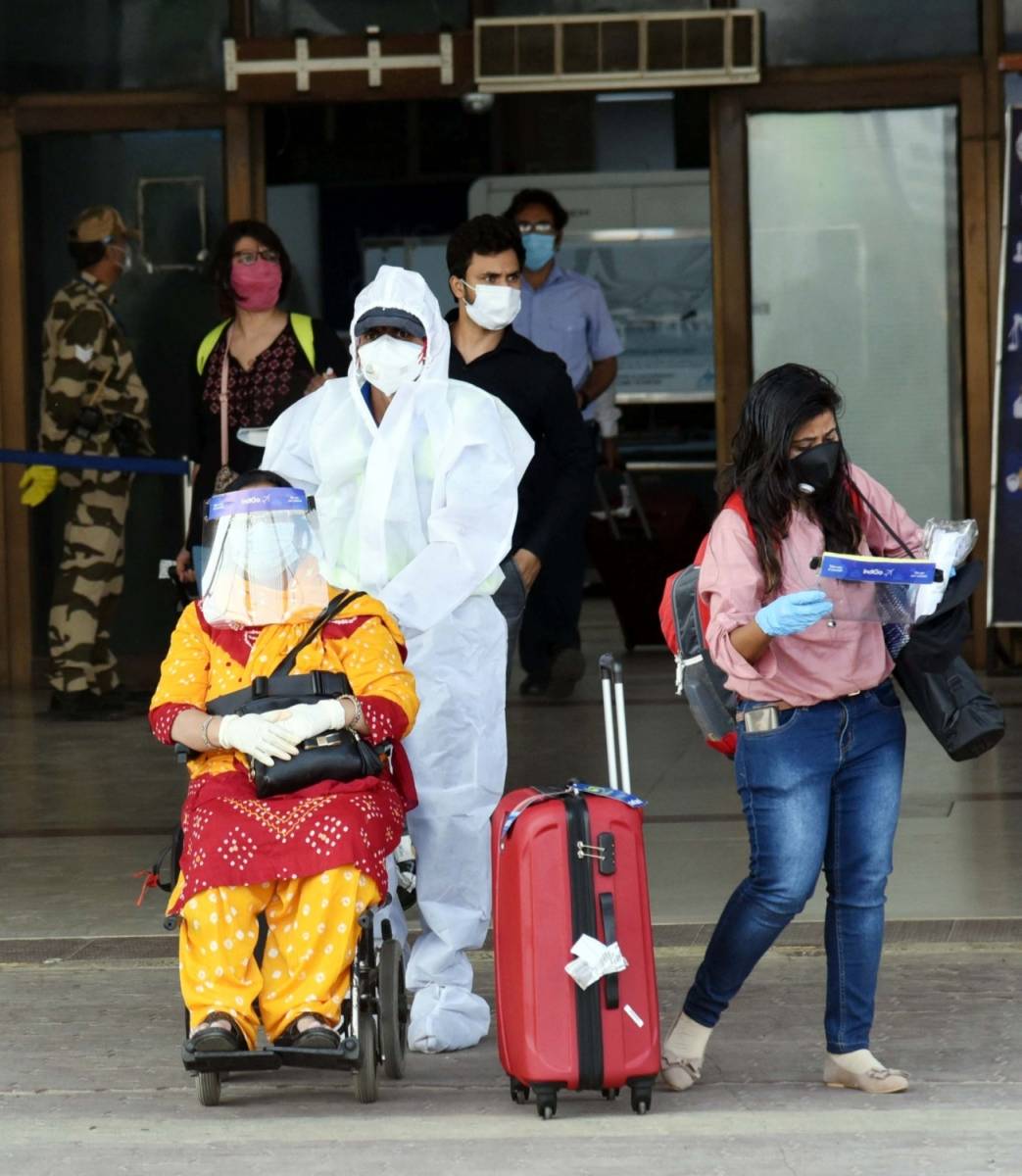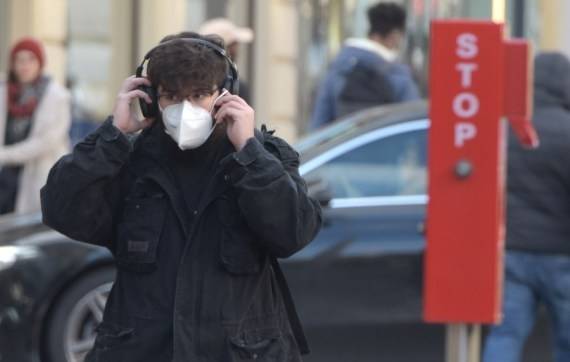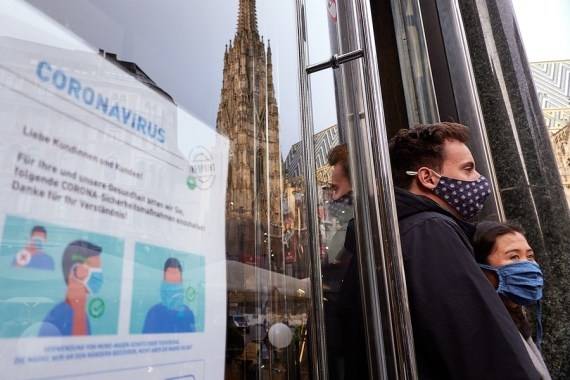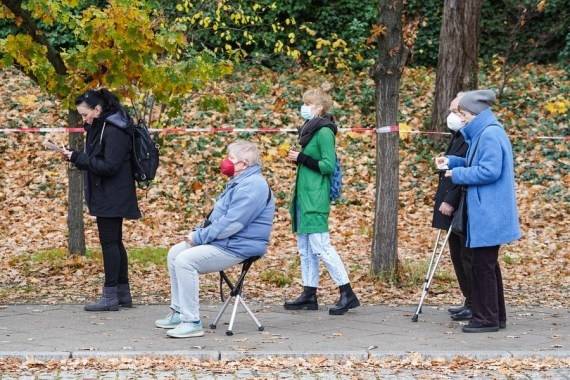China’s veteran free skier Xu Mengtao, a four-time Olympian and the runner-up at Sochi 2014, fulfilled her dream of winning an Olympic gold medal in the women’s aerials here on Monday evening…reports Asian Lite News
Austria beat Slovenia to take the ski jumping men’s team gold at the Beijing 2022 Olympic Winter Games at Chongli, on Monday. The Austrian team, comprised of Stefan Kraft, Daniel Huber, Jan Horl and Manuel Fettner, scored 942.7 points to win the gold.
Slovenia, the leader after the first round, took the silver with 934.4 points and the bronze went to PyeongChang silver medallist Germany with 922.9 points.
Xu wins women’s aerials gold
China’s veteran free skier Xu Mengtao, a four-time Olympian and the runner-up at Sochi 2014, fulfilled her dream of winning an Olympic gold medal in the women’s aerials here on Monday evening.
This is the first Olympic gold from the women’s aerials for China. After Han Xiaopeng was crowned in the men’s aerials at Turin 2006, China, one of the powerhouses in the free ski aerials, has been waiting for 16 years to win its second Olympic gold from the discipline, reports Xinhua.
Furthermore, it is also the fifth gold medal for China at Beijing 2022, equaling the record number of gold won by China in a single Winter Olympics in Vancouver 2010.
Xu, 31, scored the winning mark of 108.61 points for her world top-notch trick of back-full-full-full which boasts of the difficulty degree of 4.293. PyeongChang 2018 champion Hanna Huskova from Belarus, 29, collected 107.95 points on her trick with the difficulty degree of 4.028 to settle for the silver.
The bronze medal went to American Megan Nick, 25, who completed her trick with the difficulty degree of 3.525 for 93.76 points in her Olympic debut.
ALSO READ-Arif completes 45th in giant slalom at Beijing 2022








